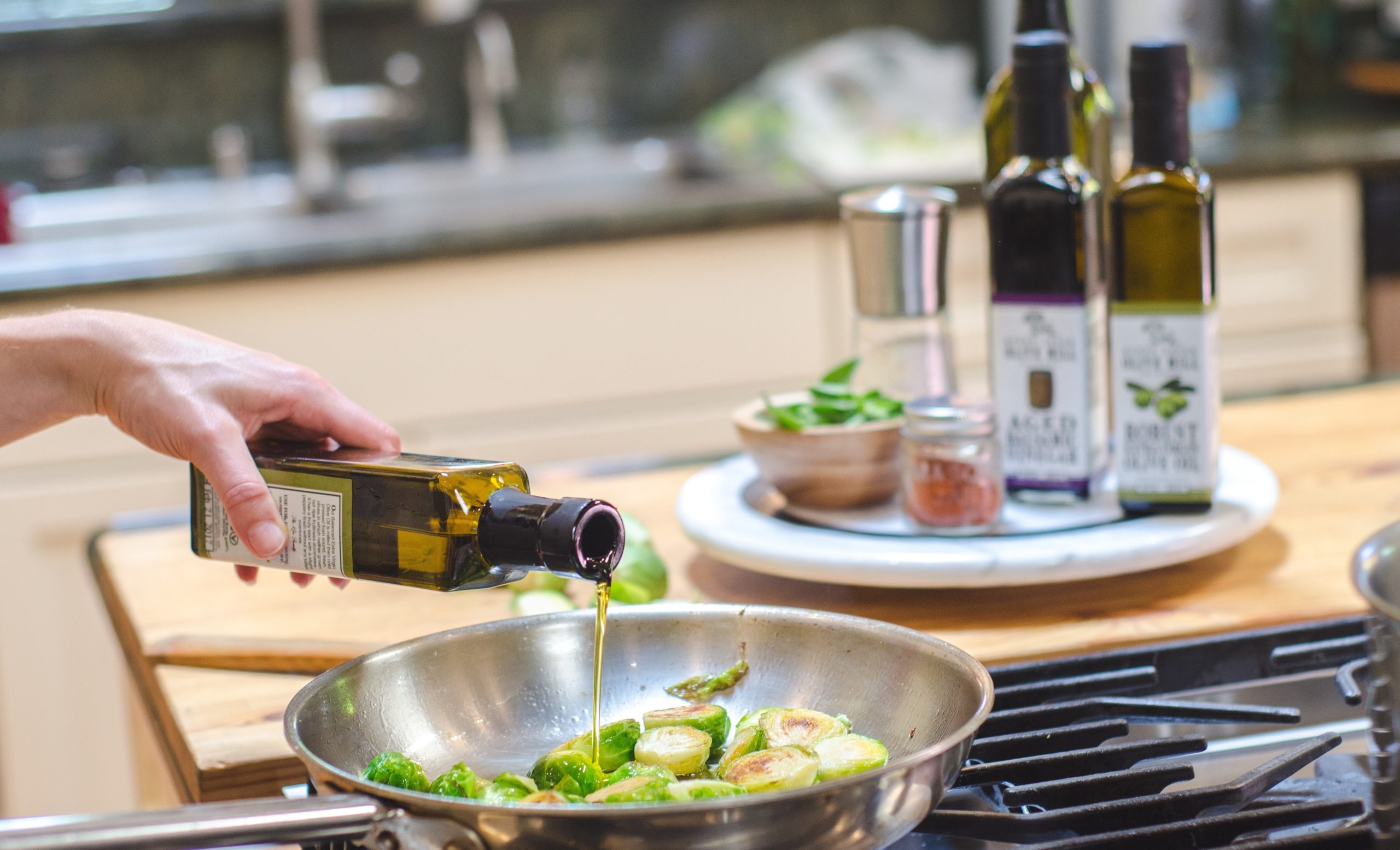Experts share simple strategies for people who want to stock a fridge with food for a sharper, happier, and healthier future with better brain health. Eating well can help with building muscle, strengthening the bones, and protecting the heart. It is also true that food also plays a major role in mental wellness. So, making eating for brain health a lifestyle is a good way for sharpening memory, keeping depression at bay, and reducing cognitive decline.
Knowing How to Stock the Kitchen Leads to Notable Health Changes

While knowing what to eat and doing it are two different things, knowing how to stock the kitchen can mean real change towards a healthy lifestyle. Here are five tips for eating for brain health and stocking the refrigerator with the right vegetables, fruits, seafood, nuts, herbs, and dark chocolate.
Stock Up on Dark Chocolate and Nuts for a Healthy Diet

Brain-healthy snacks that are easily accessible should be one of the main targets for people who want to stock up on crucial products. At the top of the list are nuts, and those are an ideal combination of protein, nutrients, and brain-friendly fats. Studies also show that eating nuts is consistently associated with better cognitive test performance. The best nuts for the brain are almonds, hazelnuts, pecans, cashews, pistachios, and walnuts. Other healthy, tasty options include seeds, roasted chickpeas, dried fruit, and dark chocolate with at least 70% cacao. Apparently, regular dark chocolate eaters were also 70% less likely to report depression.
Olive Oil Should Always Be Available in Every Kitchen

Olive oil is best for the brain and has many other health benefits. So, having plenty of extra-virgin olive oil in stock is a good idea. It provides two crucial nutrients to the brain every day: healthy fats and polyphenols. Olive oil is a potent reducer of brain inflammation, and three tablespoons of high-quality olive oil a day can improve memory problems in people with cognitive impairment. Olive oil also helps the body absorb nutrients in the other foods on the plate.
Preparing and Storing the Produce Is as Crucial as Having it in Stock

At a store, produce may look great and appealing but storing it properly at home is necessary to keep it great. So, storing healthy foods in a more convenient manner will make it more likely for people to reach for them. Anything past its prime should be turned into compost, and veggies should be washed, dried, and chopped in fresh containers and ready for dinner.
Gut-Friendly Foods Are Perfect for a Healthy Brain and Body

Research has suggested that gut health is very important for brain health. Good gut flora will help the body break down and absorb nutrients that are brain-boosting, including folate and thiamine. A healthy gut also counters inflammation, which can worsen anxiety and depression. These include fermented foods, kimchi, kefir, yogurt, and smoothie. To keep those handy, enthusiasts should designate a shelf where they are easily accessible.
The Freezer Should Have Many Brain-Health Foods in Stock

Berries like blueberries and blackberries are great for blood pressure and mood and can decrease brain fog. Fresh berries can go bad fast, so they should be kept in stock in the freezer alongside seafood and green veggies like spinach, kale, and broccoli. Not only will frozen food last longer when frozen, but it will also be less expensive than fresh. Apparently, frozen produce and seafood are harvested at their peak, so sometimes they can be more nutritious than when fresh.